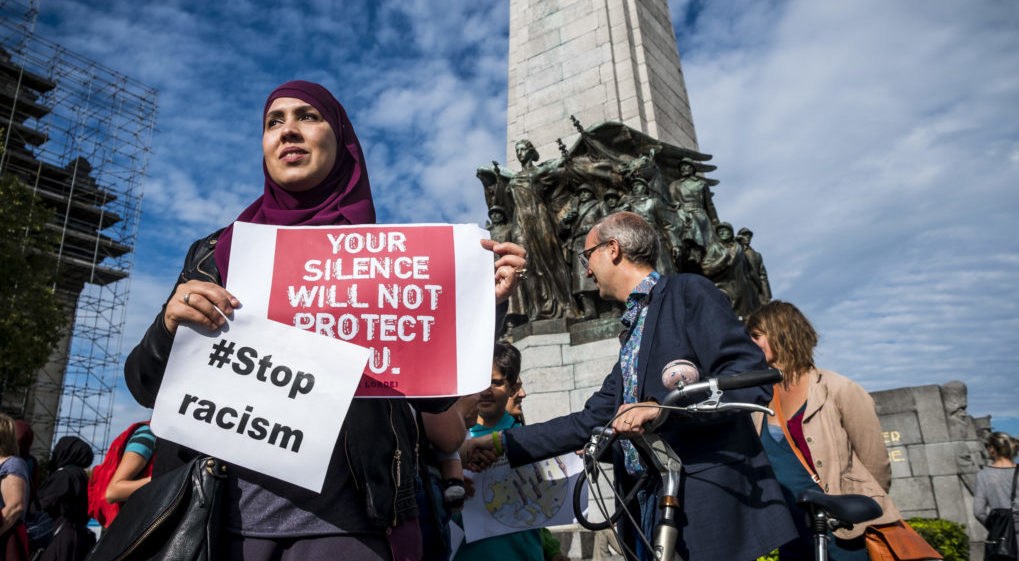In five years, the number of racist comments published on social networks in Dutch has tripled, according to the Flemish technology company Textgain.
Textgain has developed a system based on artificial intelligence that automatically detects hate messages by spotting certain combinations of words.
The tool then assigns a "toxicity score" out of 100 to reflect to what extent the message is threatening, sexist or racist. The average toxicity score on Facebook and Twitter climbed from 5 out of 100 to 10 out of 100 in five years.
Related News
- Nine identified for racist Facebook comments about migrants boat capsize
- 'Racism is a crime': Belgian PM announces action plan to fight online hate speech
"An obvious explanation for this phenomenon is the increasing polarisation of our society, which has led to a general and obvious hardening of language, especially on Twitter," the company pointed out.
Out of 100,000 messages analysed in 2015, 95,000 were considered neutral and 5,000 were considered offensive. By 2020, the number of offensive messages rose to 15,000.
Racist posts have also tripled in five years, from one in 200 to one in 60. Threatening posts went from one in 300 to one in 100, while sexist posts doubled from one in 200 to one in 100.
It is mainly right-wing extremism that appears on the web in Belgium, according to Textgain. "Left-wing extremism is currently less present online than in Germany, for example, where the anti-fascist movement is using social networks to stage (violent) demonstrations or attack right-wing voters," the company explained.
However, they pointed to "a recent development" concerning insults and threats against right-wing or extreme right-wing politicians such as N-VA's Jan Jambon and Theo Francken and Vlaams Belang's Dries Van Langenhove.
The Brussels Times

